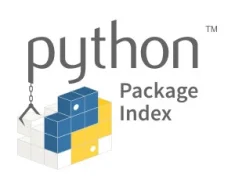
I have been in such a state of awe and wonder watching generative AI unfold over the last year. From the ability to rewrite my thoughts into succinct paragraphs in seconds, to the generation of completely realistic images that never existed before. And while I am excited by this potential, I also feel worried.
How will this influence education? How will this affect the way our students generate new ideas? How will this impact our students’ ability to think for themselves? And perhaps most importantly for me, as I look at my own children, how do I best prepare our students for this new world?
These are big, complex questions, and they can all be overwhelming. However, I have found three things that have helped me find some secure footing:
- Experiment: Try out these new technologies. There are so many amazing tools that allow you to experience generative AI for yourself. Yesterday, I tried a quiz creator where you input your content, and it generates a quiz for you- a game-changer!
- Educate: Bring yourself up to speed on the ethics of AI. As with any emerging technology, it is essential to consider the ethical implications. Generative AI raises questions about authorship, bias, and privacy. Take the time to read up on these topics and educate yourself (and your students) on the potential risks and benefits.
- Engage: Start discussing the risks and rewards with your colleagues. Attend workshops and webinars, or host an informal lunch and learn where you can discuss generative AI with others. Collaboration and conversation are crucial in understanding the potential impact of generative AI on education.
Next week, Curiosity to Create is hosting a FREE webinar, Generative AI for Creative Minds, with special guest Dr. Matthew Worwood. Dr. Worwood is an expert in AI and creativity and will discuss how generative AI can enhance the creative process in education. Don’t miss this opportunity to learn more about this exciting technology and how it can benefit your students. Reserve your spot now! Space is limited.





